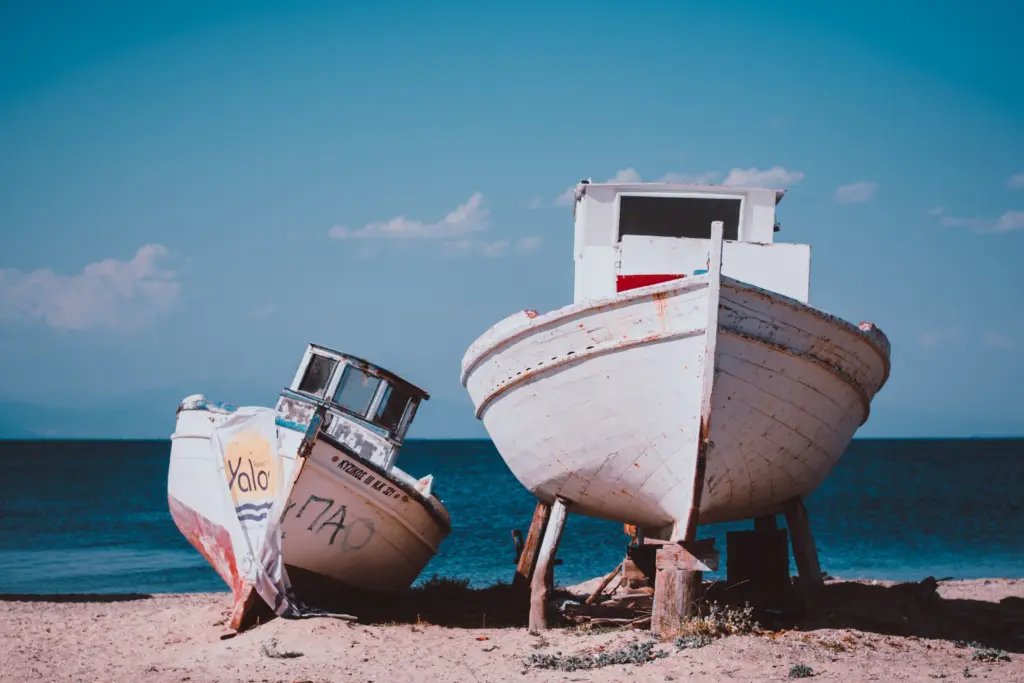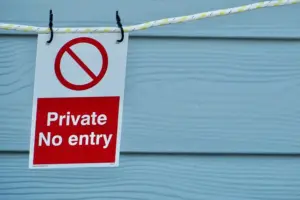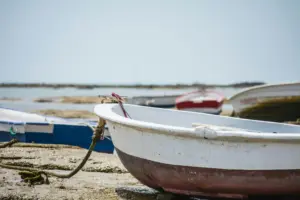Legal Due Diligence in Private Security Operations
The spirit of #BLUESecurity demonstrates the respect for Indvidual’s rights in a complex environment of international legal regimes. The constant instability caused by piracy and threats of violence on shipping routes prudent security management and a solid legal awareness to be able to react to changing security situations. The complex interplay of different legal systems […]Change my Mind: Safeguarding Human Rights at Sea requires Collaboration and Education.

The Cruise Sector require support from the Coast Guard
in the training of policing activities.
In an era where the cruise industry thrives, ensuring the safety and well-being of passengers is paramount. Coast guards play a pivotal role in this mission, yet their influence extends beyond mere enforcement. Educating the cruise sector on how to react to criminal acts on board is imperative for upholding human rights at sea.
Cruise ships, akin to floating communities, require specialized protocols to address criminal incidents effectively. The coast guard’s education initiatives can empower cruise personnel with the knowledge and skills needed to respond promptly and appropriately. By instilling a comprehensive understanding of international maritime laws and human rights principles, the cruise sector can become an active partner in maintaining a secure environment for all.
Training programs should focus on recognizing and addressing a spectrum of criminal acts, from theft to more serious offenses. Crucially, these programs should underscore the importance of protecting victims and ensuring their rights are upheld throughout any legal proceedings.
By fostering a culture of vigilance and preparedness, the cruise sector becomes a proactive force against crime on board, contributing to a safer and more secure maritime environment.
Additionally, education fosters collaboration between the coast guard and cruise industry stakeholders, leading to the development of standardized response protocols. A well-prepared cruise sector can act as the first line of defense, effectively containing incidents until coast guard assistance arrives. This collaboration enhances the overall efficiency of maritime law enforcement, facilitating a rapid and coordinated response to criminal activities.
In conclusion, the education of the cruise sector by coast guards is not merely a regulatory obligation but a crucial step in protecting the human rights of passengers and crew members at sea. Through comprehensive training, cruise personnel can emerge as proactive partners in maritime security, contributing to a safer and more resilient cruise industry that upholds the fundamental principles of human rights for all on board.
This need for education and collaboration matters, World Police Summit and Dubai Police HQ. Global society needs more international stakeholders to champion the importance of coordinated public-private strategies to uphold human rights principles and legal standards at sea. These issues should be discussed in a broader context at relevant conferences, summits and expert dialogues from North to South, East to West.




